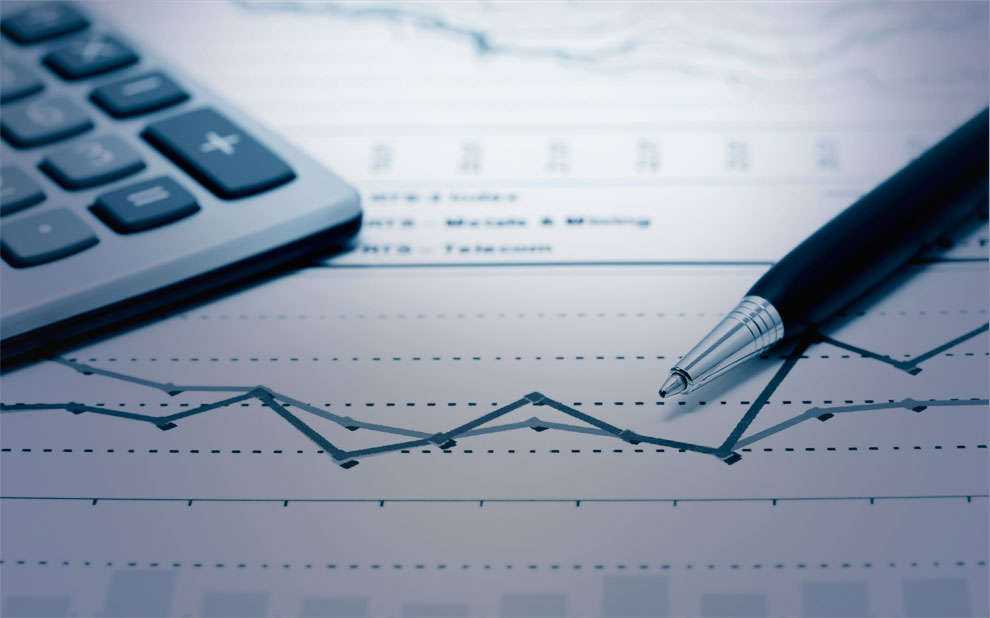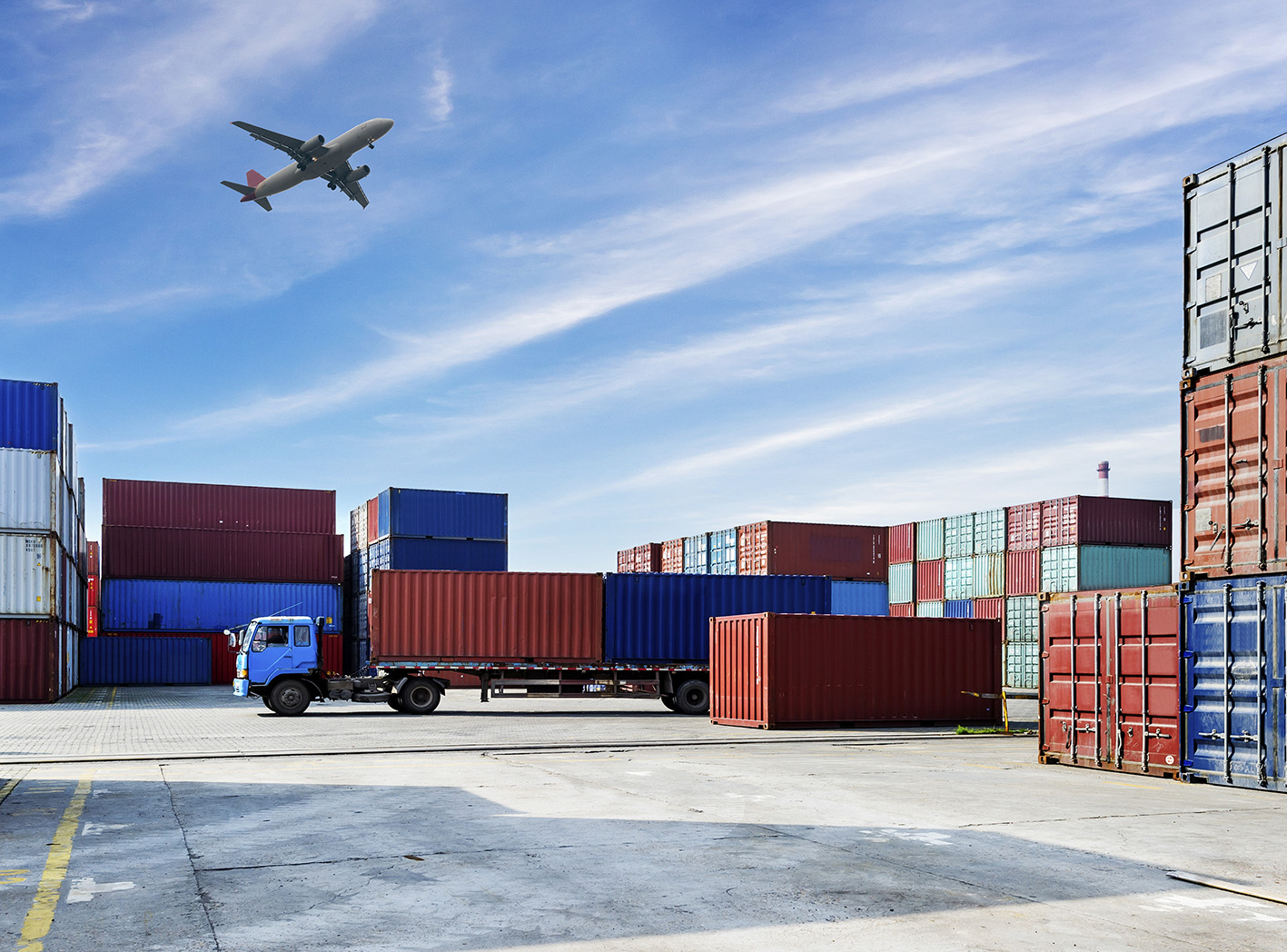RIO DE JANEIRO, BRAZIL – Brazil’s GDP (Gross Domestic Product) grew 1.1 percent in 2019, according to data released on Wednesday, March 4th, by the Brazilian Institute of Geography and Statistics (IBGE). It was the third consecutive year of low growth in the Brazilian economy.

In 2017 and 2018, the first GDP figures showed an increase of 1.1 percent. Later, the data were corrected to 1.3 percent. In 2015 and 2016, there was a drop in the country’s GDP.
The result is less than half of what was initially projected by economists. In December 2018, before President Jair Bolsonaro took office, financial market analysts renewed their belief in a rebound and projected growth of 2.55 percent.
The deceleration of the 2019 GDP compared to 2018 is explained by the drop in government spending, a worsening of exports and imports, and lower growth in consumption and investments, according to Rebeca Palis, the IBGE’s National Accounts coordinator.
She also stated that the GDP is still 3.1 percent below its historical peak in the first quarter of 2014, but has already recovered 5.4 percent in relation to the worst moment in the recession.
However, the outlook in late 2019 had already declined. The projection of the main analysts was for a GDP of 1.17 percent, according to the Central Bank‘s Focus Report. This projection had dropped slightly to 1.12 percent in the most recent report.
Analysts interviewed by the Bloomberg agency expected 1.1 percent growth in the year and 0.5 percent in the fourth quarter compared to the previous quarter.
The result also came in line with the latest government projections. But in early 2019, some members of the government had projected a 2.9 percent increase in the year’s GDP.
The IBGE further reported that in last year’s fourth quarter there was a 0.5 percent increase over the previous quarter and a 1.7 percent increase compared to the same period in 2018. The per capita GDP stood at R$34,533, up 0.3 percent in the year.

The GDP is a measure of the production of goods and services in a country over a given period and its increase is used as a reflection of economic growth. In current figures, the GDP reached R$7.257 trillion in 2019.
The estimate for 2020 is for an increase of 2.17 percent, according to a Central Bank survey released on Monday, March 2nd. The result will still be lower than the three percent average recorded between 1996 and 2014.
Considering the 2019 result and the projection for 2020, this should be the poorest result for the performance of the Brazilian economy in the first two years of a presidential term, since the beginning of the Real Plan, with the exception of that recorded in 2015 and 2016, when the economy shrank for two consecutive years.
In December 2018, before Bolsonaro took office, projections pointed to economic growth of around 2.5 percent in 2019.
External factors, such as the trade war between China and the US and the Argentine crisis, along with internal factors caused by the political instability created by the Executive, contributed to the weaker result. There was also frustration regarding the anticipated impact of the Social Welfare reform approval and the release of FGTS (Severance Premium Reserve Fund) resources.
The reduction of the SELIC basic interest rate to its historical low is one of the strategies to encourage activity in 2020, but the economic impact of the coronavirus epidemic and the effect of political instability in Brazil on the reform agenda emerge as risks to growth this year.
According to a recent study released by IBRE/FGV in its Macro Report, GDP figures showed that household consumption remains the main fuel for the post-recession rebound, while the lack of demand in the country is centered on lack of investment.
According to the Institute, factors such as the lack of a new round of economic reforms in Brazil and the uncertainties generated by the coronavirus epidemic may once again frustrate the prospects of a stronger rebound in the Brazilian economy.
Source: Folhapress

